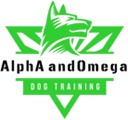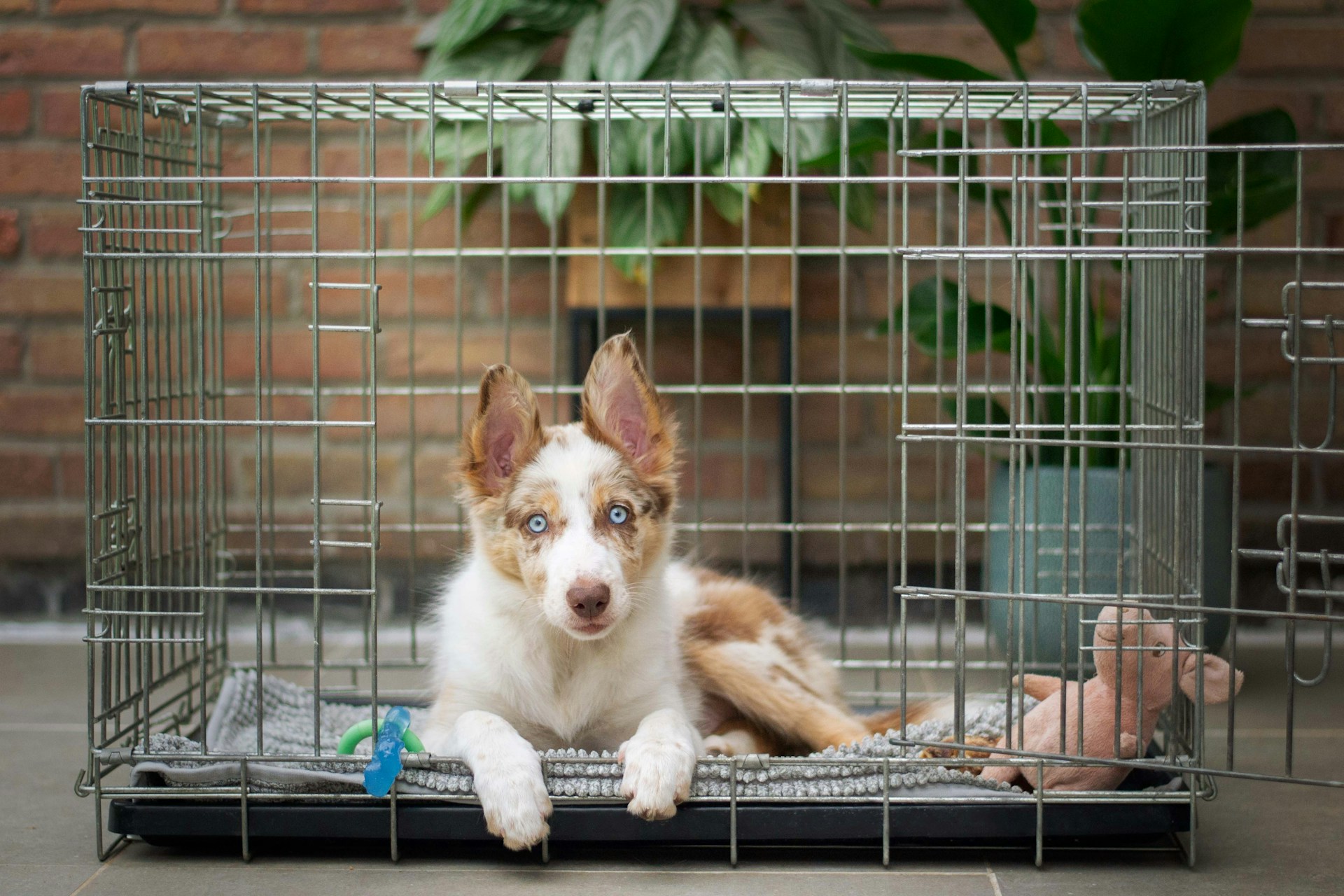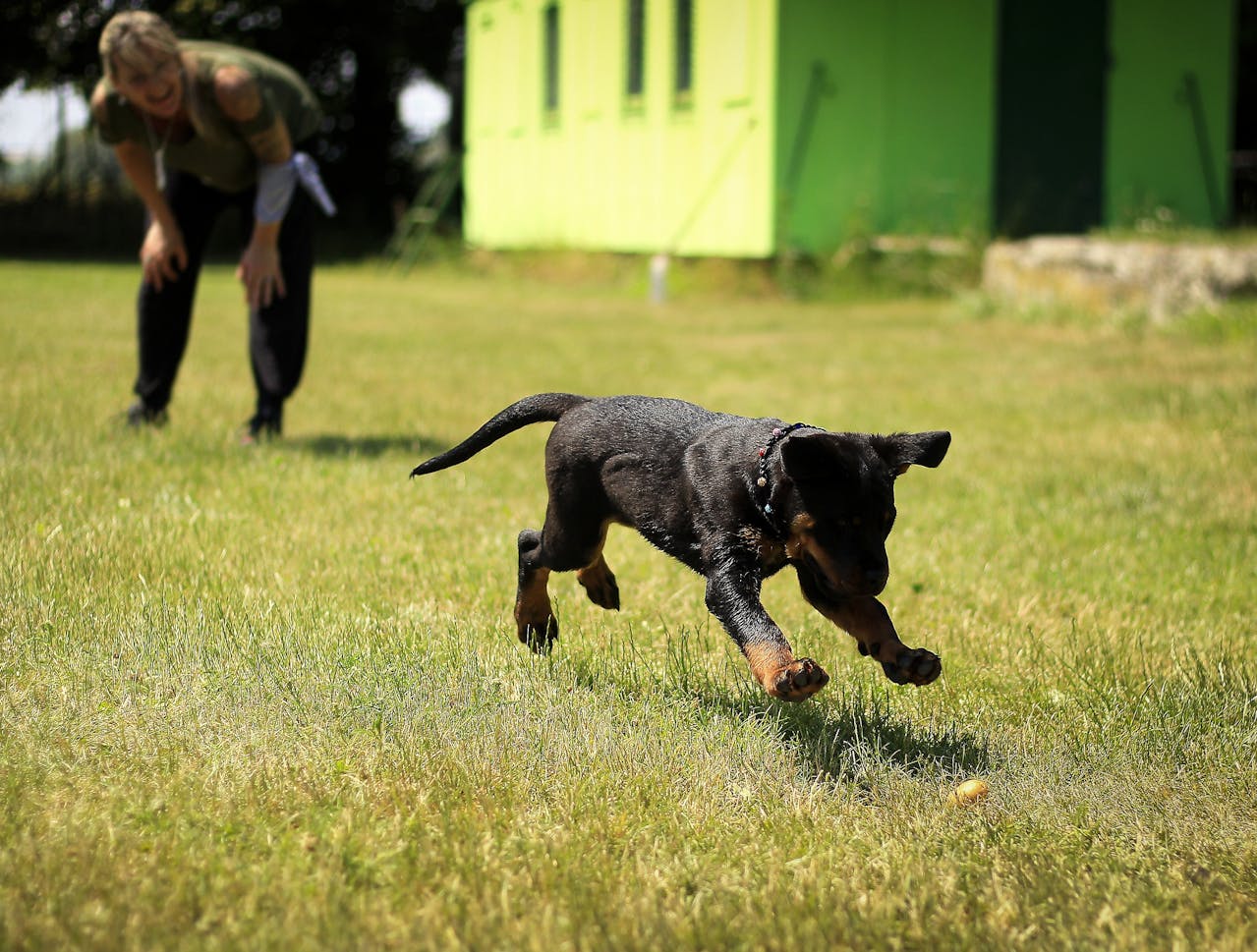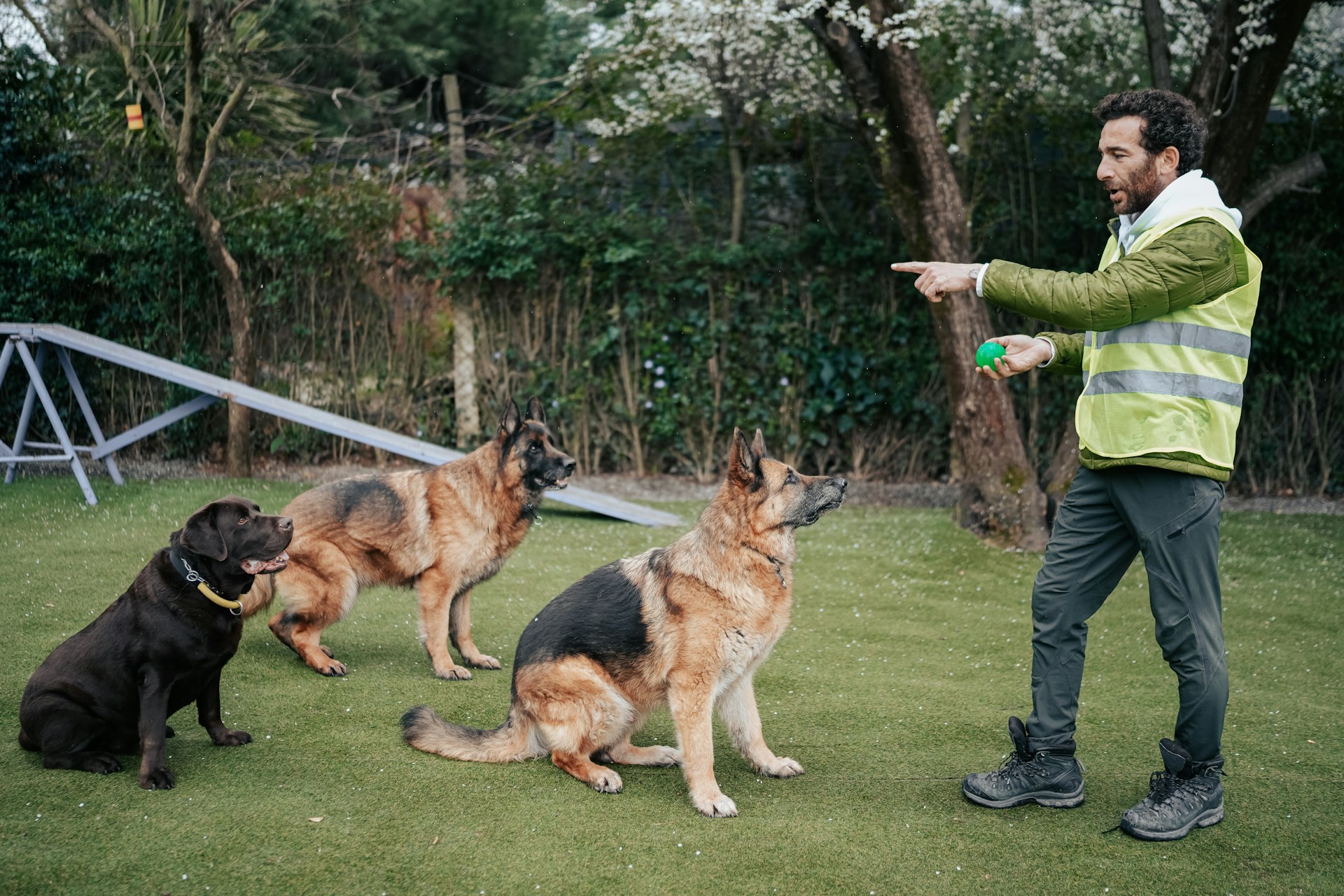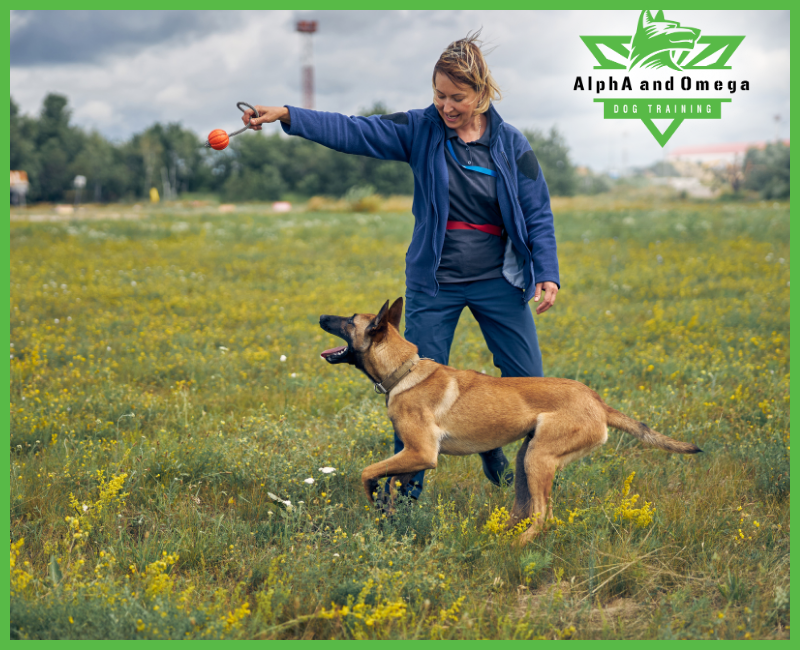Adolescence is a tumultuous time – not only for humans but also in a dog’s life! Understanding the phase and knowing how to handle it will help you a lot in your relationship with your dog. Learn more about some normal changes of the period by reading below. To make sure your puppy will become a great adult dog, you can count on the guidance of one of our expert trainers. Dogs and humans are very different, but they do have this in common: adolescence is often a rocky period.
Like human teens, adolescent dogs explore their world and test their own abilities in ways you won’t always like. Be ready for your pup to start acting on thoughts, like What’s on the other side of the fence? Can I boss these other dogs around? Can I catch that skunk? Who’s that cute Collie?
Best Dog Training Tips for Older Dogs
All this adolescent adventuring can be wearing on pet parents; in fact, most dogs abandoned at shelters are between eight and 18 months old, at the height of adolescence. The good news is, adolescence goes by much more quickly in canines than in people. And if you keep up with the guidelines that got you through puppyhood, as well as some new ones just for adolescents, you can keep enjoying your dog and lay the foundation for a happy life together.
What Defines A Dog’s Adolescent Stage?
Adolescent dogs aren’t so very different from teenage humans, at least in attitude; they’re hyper, inattentive, exasperating, driven by hormones — if they’re not neutered or spayed, anyway — but somehow lovable in spite of it all.
At least, most of the time.
During adolescence, your dog will:
- Become more interested in the big, wild world than they are in you. A dog who once happily bounded up to you when you called may suddenly become deaf to the “come” command.
- Have lots of energy and need a good amount of exercise.
- Become sexually mature. Males may hop fences and take off in search of the ladies, and they may mark in the house to claim their territory. Females will mark to advertise their availability to the guys. Both may become aggressive with other dogs of the same sex. This is one of many reasons you should spay or neuter your dog.
- Forget commands and have a very short attention span. You may find your pup looking at you like you’re speaking Martian when you give them a command that they knew backward and forward last week.
- Possibly become shy or frightened of things they took in stride just a few weeks before. Don’t force your dog to confront something that frightens them, but don’t coddle — and thereby reward — their fears, either.
- Reach their adult height but be a bit awkward and gangly.
- Lose their cottony puppy coat.
Dog Behavior Training Tips & Things To Keep In Mind

